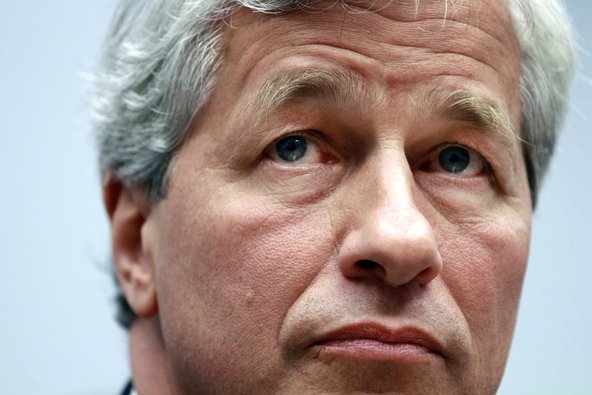But Mr. Heins, speaking at the company’s annual meeting, told investors BlackBerry just needed more time for a turnaround — and he again sought their patience.
Not everyone was biting. One shareholder, referring to one of the new phones, the BlackBerry Z10, told Mr. Heins: “My sense is that the rollout of the Z10 was a disaster.”
“Were we perfect at the launch?” Mr. Heins responded. “Probably not. Was it a disaster? I don’t think so.”
After more than two years of development, the new phones and their new operating system were supposed to give BlackBerry smartphones capabilities similar to those of phones made by Apple and Samsung, the dominant forces in the market. But hopes have vanished that the new phones would swiftly increase market share in the United States — now just 0.9 percent, according to a survey from Kantar Worldpanel ComTech.
Late last month, BlackBerry said that it had shipped just 2.7 million of the new models, about a million fewer than analysts expected. That disappointing news set BlackBerry’s stock sharply downward and eliminated the possibility that the annual meeting would be a turnaround celebration.
When Mr. Heins introduced the company’s new phones in New York this year, he spoke to an excited crowd, a situation that was repeated at a meeting this spring with enthusiastic developers. But on Tuesday, when he faced a crowd of shareholders and questions about the weak sales of those phones, the reception was far more muted.
And maybe that is the best he could have hoped for. A few weeks ago, when the shipment numbers were released, the company also reported an $84 million loss in the latest quarter. BlackBerry shares still have not recovered — and a chorus of harsh questions about the direction of the business have not gone away.
Mr. Heins again warned investors to expect more losses during the current quarter, while the company increases its spending on marketing and other promotions for the new BlackBerry 10 line of phones. And although the company has spent the last two years saying the phones were the centerpiece to its future, Mr. Heins repeatedly said on Tuesday that “we are not a devices-only company,” and he outlined his hopes for growth in its data services business.
He attributed the disappointing reception for BlackBerry 10 to the United States market.
“It is really a challenge in the U.S.,” Mr. Heins said at the meeting, which was webcast from the University of Waterloo in Ontario. When another shareholder asked him why the company had been unable to win over American investors, particularly ones based in New York, he said: “I would absolutely admit that this is an uphill battle.”
Richard Piasentin, the managing director of sales and marketing for the United States, left BlackBerry last month, Adam Emery, a spokesman for the company, said on Tuesday.
Some of problems with the e BlackBerry 10 releasseemed more related to the products than to advertising or lack of prominence in carriers’ stores, which had been cited as problems.
Some buyers of the Q10, a model that includes BlackBerry’s signature keyboard, have said they were disappointed to discover that it initially could not synchronize calendar and contact information with corporate systems that use Microsoft Outlook. Others discovered mail syncing issues that they had not had with previous BlackBerrys. And although BlackBerry continues to expand the apps offered for the phone, many important ones are missing, and assessments of their overall quality are mixed.
Among the disappointed was Mark R. McQueen, the president and chief executive of Wellington Financial in Toronto. While Mr. McQueen is a BlackBerry loyalist, his frustration with the Q10 became so great that he wrote two detailed posts enumerating its problems on his blog, which is widely followed in Canada’s financial community. He wrote that the phone’s shortcomings had prompted him to sell his BlackBerry shares at a loss.
“The sad reality is that BlackBerry management has failed to deliver on the incredibly modest expectations of someone who has held shares in the company, on and off, since the late 1990s,” Mr. McQueen wrote.
Many technology reviewers praised several features of the new phones. Mike Gikas, the senior editor for electronics at Consumer Reports, said the new phones were “pretty good but they don’t have the pizazz of top-shelf performers. No one’s dying for these phones.”
He said that whenever he was asked for his thoughts about the new BlackBerrys, “the next question is: ‘Do you think they’re going to be around?’ And that’s a consideration for people on a two-year contract.”

Article source: http://www.nytimes.com/2013/07/10/technology/blackberry-chief-admits-release-of-new-phones-in-us-was-flawed.html?partner=rss&emc=rss

